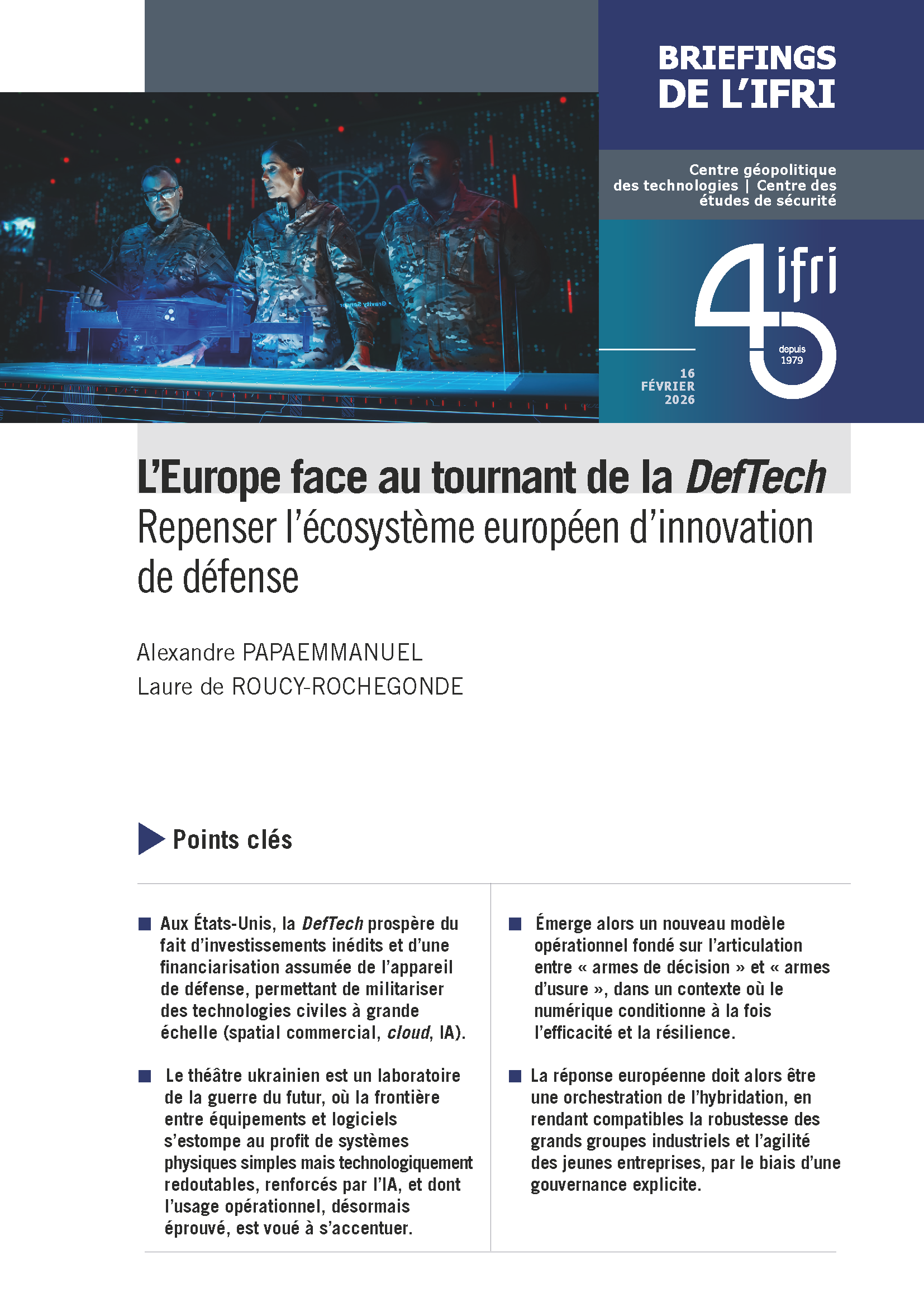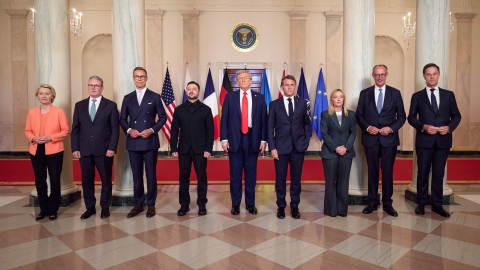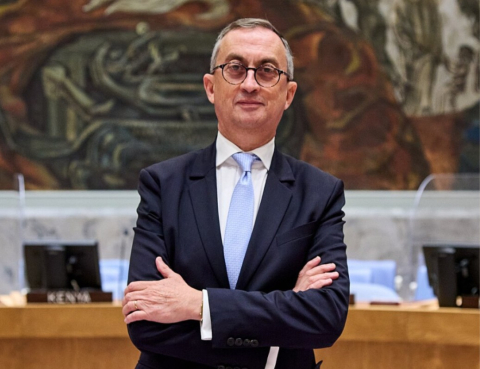Reshuffling Energy Cards in the Middle East and North Africa region: snapshots

Informations pratiques
Thématiques et régions
Centres et programmes liés
Ceci est un événement réservé.
En savoir plus sur nos programmes de soutienDans le cadre de l'ifri Energy Breakfast Roundtable, un séminaire avec Antoine Halff, chef du département Industrie et marchés pétroliers/éditeur, Oil Market Report, International Energy Agency (IEA), Francis Perrin, président et directeur de la publication et de la rédaction de Stratégies et Politiques énergétiques, Paris, éditeur en chef, Arab Petroleum Research Center et Maïté de Boncourt, chercheur, Centre Energie, Ifri. Présidence : Maïté Jauréguy-Naudin, directeur du Centre Energie, Ifri, et de Jacques Lesourne, président du Comité scientifique du Centre Eerngie, Ifri.
Turmoil in the Middle East and North Africa region has been watched closely by energy actors as the cards are being reshuffled. New opportunities are arising in countries that used to attract reduced interest as shown by the successful Egyptian oil licensing round. In the eastern Mediterranean, huge gas finds are increasingly driving investments in Israel, Cyprus, Turkey and even Malta; Libyan production is also back on the market; new oil and gas production comes from Iraq"s huge reserves; finally new entrants are now competing on the Mediterranean markets, affecting the established game between supermajors. On the other hand, regional rivalries and tensions with Iran resulted in a hike in prices. Iran"s nuclear programme, the resulting embargo on the country"s oil and gas exports - which led to losses almost as big as Libya - and the Iranian threat to close the straight of Ormuz - where 20% of global oil consumption transit daily along with Qatar"s LNG production - are pushing oil prices up. Through different angles, this conference will touch on different aspects of the situation, looking at new investment opportunities and risks, and analyzing the world oil market system"s response and overall ability to cope with these events.
Sujets liés
Autres événements
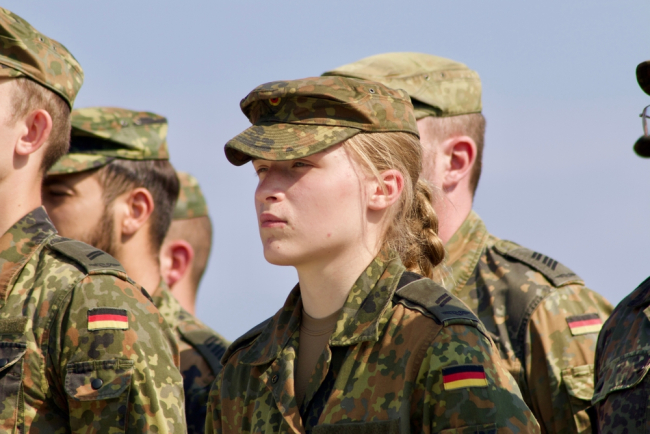
Quelle politique de défense en Allemagne ?
Face à la guerre en Ukraine et à l’instabilité géopolitique en Europe dans un cadre transatlantique perturbé, l’Allemagne a amorcé un tournant majeur dans sa politique de défense, avec une hausse significative des dépenses militaires, la modernisation de la Bundeswehr et le débat sur un éventuel retour du service militaire obligatoire.
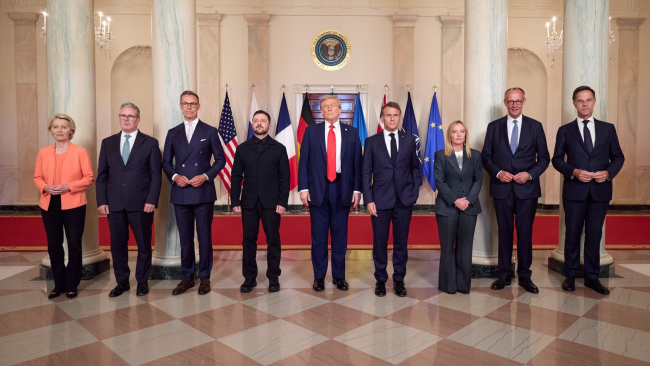
Quatre ans de guerre en Ukraine : verra-t-on la fin du conflit en 2026 ?
Un déjeuner débat autour de Tatiana Kastouéva-Jean, Directrice du Centre Russie/NEI, et Élie Tenenbaum, directeur du

Quel partenariat technologique avec l’Inde ?
Le 16ème Sommet UE-Inde, qui s’est tenu le 27 janvier à New Delhi en présence des dirigeants européens António Costa, Ursula von der Leyen, et du Premier ministre Narendra Modi, marque un tournant dans le renforcement des liens entre l'Union européenne et l'Inde. Parallèlement, les visites bilatérales se multiplient, à l’image de celle du Président français qui s’est rendu en Inde mi-février pour participer au Sommet sur l’Intelligence Artificielle.



